International Day of the Girl Child — “Innovating for Girls’ Education”
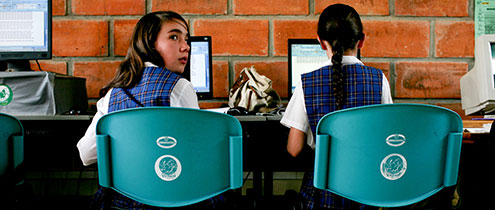
Message | Events | Feature stories | Join the conversation
About the Day
Since 2012, the United Nations marks 11 October as the ‘International Day of the Girl Child’. The day promotes girls' human rights, highlights gender inequalities that remain between girls and boys and addresses the various forms of discrimination and abuse suffered by girls around the world.
- One in three women and girls experience abuse in their lifetime.
- More than half of sexual assaults are committed against girls under 16 years of age.
- Globally, more than one in three young women aged 20-24 years are married before the age of 18.
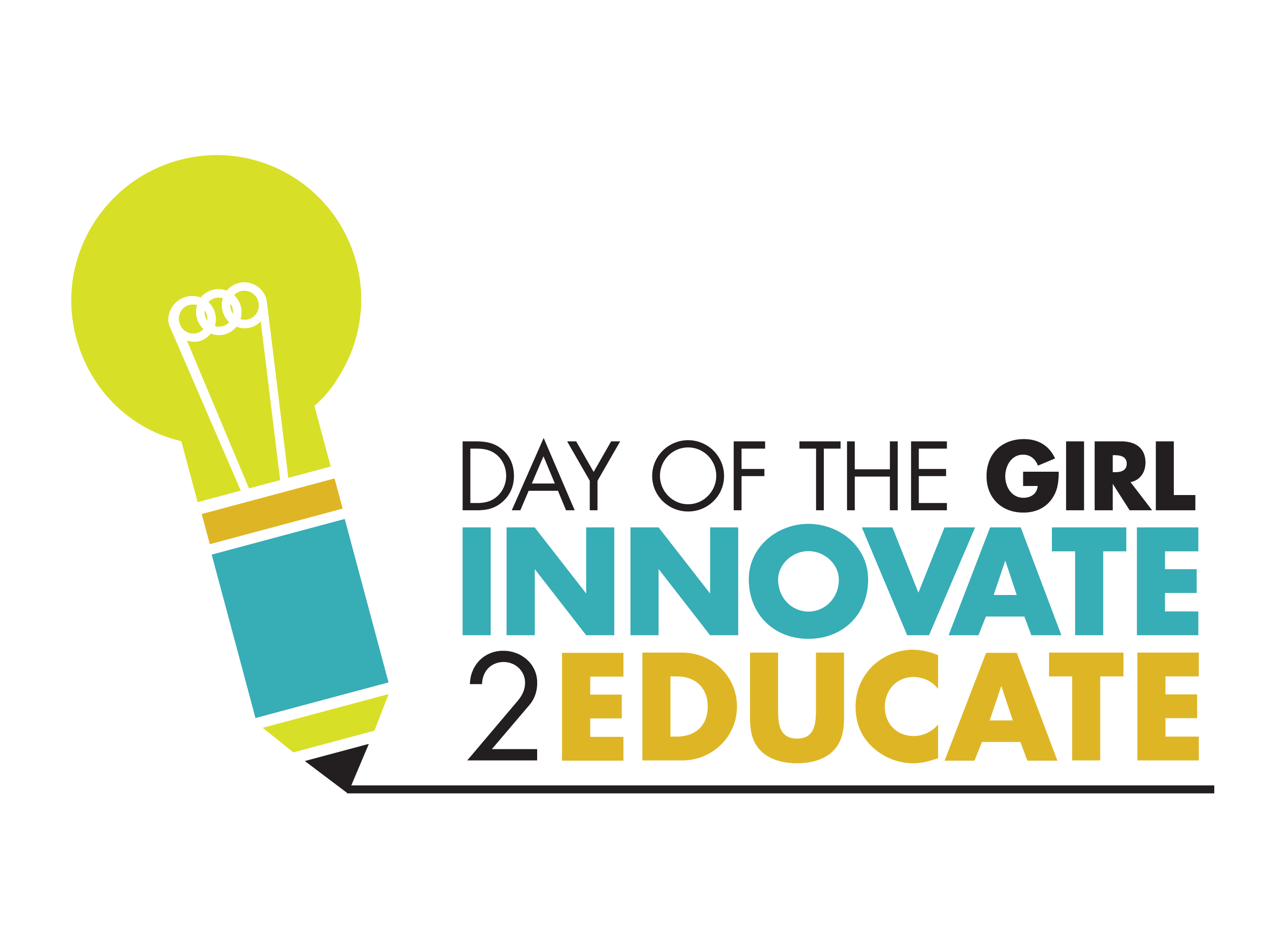
This year’s theme for the Day is “Innovating for Girls’ Education”.
To advance one of UN Women’s key priorities of ending violence against women and girls, UN Women has partnered with the World Association of Girl Guides and Girl Scouts (WAGGGS), with membership of 10 million members in 145 countries, to galvanize the potential and power of girls and young women around the world and end this pandemic. On 11 October, a unique co-educational non-formal curriculum will be launched, designed to inform, educate and empower young people aged 5 to 25.
Voices against Violence will provide tools and expertise to understand the root causes of violence, build awareness and address its cultural and social triggers. It will equip girls to educate and involve their peers and communities, to prevent such violence and learn about where to access support when needed.
Working with youth organizations, UN partners and governments, UN Women and WAGGGS will roll out the curriculum to young people around the world. It will be adapted to national context, translated into local languages, and reach an estimated five million children and young people by 2020.
Message from UN Women Executive Director
To mark the second observance of the International Day of the Girl Child, Executive Director Phumzile Mlambo-Ngcuka calls for a world where “every girl and boy can grow up with mutual respect, dignity and equality” and emphasizes UN Women's commitment to stand up for the rights of girls worldwide.
Read her statement here. [Spanish] [French] [Russian]
Events
“Game Changers for Girls’ Education” is a high-level event for enhanced commitment by global leaders, sponsored by UNICEF, UN Women and Plan International, from1:15 – 2:45 p.m. EDT at ONE UN Hotel, in New York.
“Girls Speak Out: Showcasing Girl Activists from around the World” is an event organized by the Missions of Canada, Peru, and Turkey, from 3:00 – 5:00 p.m. at UN Headquarters.
Twitter takeover
Joining the WAGGGS' “Girls in the Lead”! campaign, UN Women will let Girl Guide María Agustina Morando from Argentina take over the organization’s Twitter accounts on 11 October between 10 and 11am ET. For more information, join the conversation.
Slideshow
Feature stories
These selected feature stories illustrate some of UN Women’s work around to world to promote innovation in education and to end violence against girls.
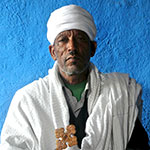
In Ethiopia, church bells ring for women and girls
Religious leaders in the Ethiopian Orthodox Church are raising awareness against violence against women and girls among their peers and among gender clubs for girls in schools, while offering vocational training for survivors.
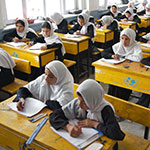
In Afghanistan, women and girls strive to get an education
In a country where education for all remains a challenge, UN Women is supporting efforts to reach women and girls through English classes and training in computer skills.
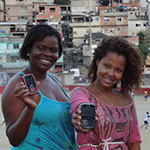
In Rio de Janeiro's favelas, a new online tool tackles violence against women and girls
Using cell phones and Internet cafés in 10 favelas of Rio de Janeiro, women and girls are accessing information about the services of a network tackling violence – whether psychological, economic, physical or sexual – and training their peers.
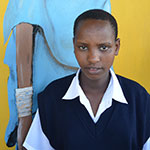
Escaping female genital mutilation in Tanzania: a Maasai girls’ school helps those at risk
At a school near the town of Arusha, 86 girls --many of whom would otherwise have been married or subjected to FGM-- have been given scholarships with full board to ensure they complete a minimum level of education.
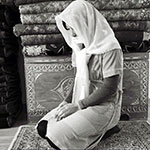
New law in Kyrgyzstan toughens penalties for bride kidnapping
In a country where an estimated 11,800 girls and young women are kidnapped every year to wed against their will, the President of Kyrgyzstan approved legislation on 26 January to increase the sentence for bride-kidnapping to 10 years in prison.
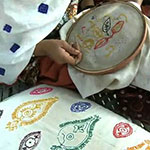
Abolishing Sang Chatti: Pakistan works to prevent compensation marriage
As Pakistan was recently reviewed by the CEDAW Committee, we take a look at what has been done to crack down on Jirgas and implement other CEDAW recommendations related to ending violence against women and girls.
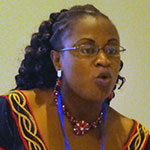
How I stopped grandma from ironing my budding breasts
Cameroonian journalist and women's rights advocate Chi Yvonne Leina is the founder and coordinator of Gender Danger, a grassroots women`s organization that is fighting to end the practice of breast ironing in Cameroon. Her first-hand account…
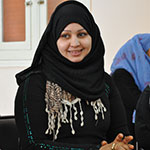
Through film and life, rural women address poverty and early marriage in Egypt
An innovative workshop explores ways for rural women how to tell their own stories about their participation in agriculture and barriers to their development in Upper Egypt.
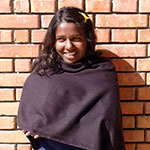
Burns Violence Survivors rebuild their lives in Nepal
In a country where an estimated 50 per cent of suicide cases follow burns violence, an NGO supported by the UN Trust Fund to End Violence against Women is helping survivors of burn attacks access treatment, counseling and legal aid they need.
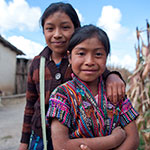
Breaking the silence on violence against indigenous girls: UN report calls for action
An inter-agency study launched at the XII Session of the UN Permanent Forum on Indigenous Issues in May 2013, revealed that indigenous girls have a greater risk of experiencing violence due to the multiple and intersecting forms of discrimination they face.
Day of the Girl Child 2012

See our compilation for the first International Day of the Girl Child in 2012.